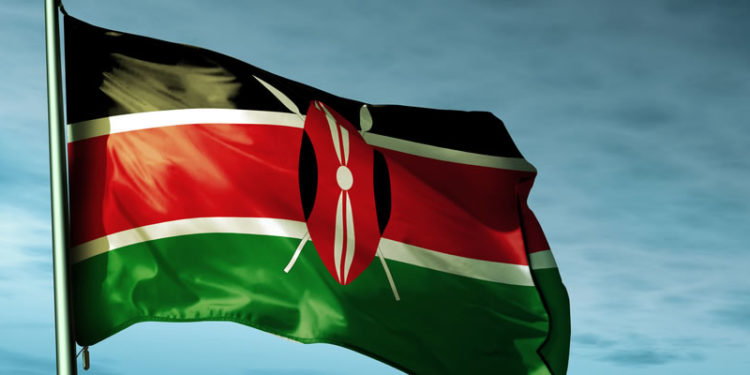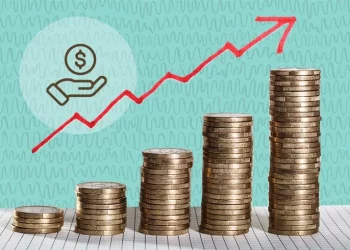In November 2023, the Kenyan government borrowed KES 223.9 billion in the domestic market, marking a 78 percent surge from October’s KES 125.5 billion. This amount represents the highest borrowing for the fiscal year 2023/2024.
In November, the government paid KES 165.0 billion in redemptions, a 35.8 percent increase from the previous month. Consequently, the net borrowing position for November was KES 58.9 billion, a 48.7 percent rise from October’s Kshs. 4.0 billion and second only to July’s net borrowing of KES 69.7 billion.
Although the government has not yet reached its fiscal year borrowing target of KES 316.0 billion, it is ahead by 2.4 percent, with six months remaining. This increase is primarily attributed to the issuance of a 6.5-year infrastructure bond, raising KES 67.1 billion, with an additional minimum of KES 25 billion expected from the tap sale. The bond’s appeal lies in government incentives and its earmarked use for nationwide infrastructure development.
Despite these positive indicators, concerns about the sustainability of the country’s decade-long debt persist. Agreements for debt disbursement with the World Bank and the International Monetary Fund in September provide short-term security but raise questions about the long-term sustainability of Kenya’s debt position.
Investors, particularly banks, display varied reactions, with some maximizing exposure to government securities for high yields and others reducing their exposure due to perceived higher risks.












